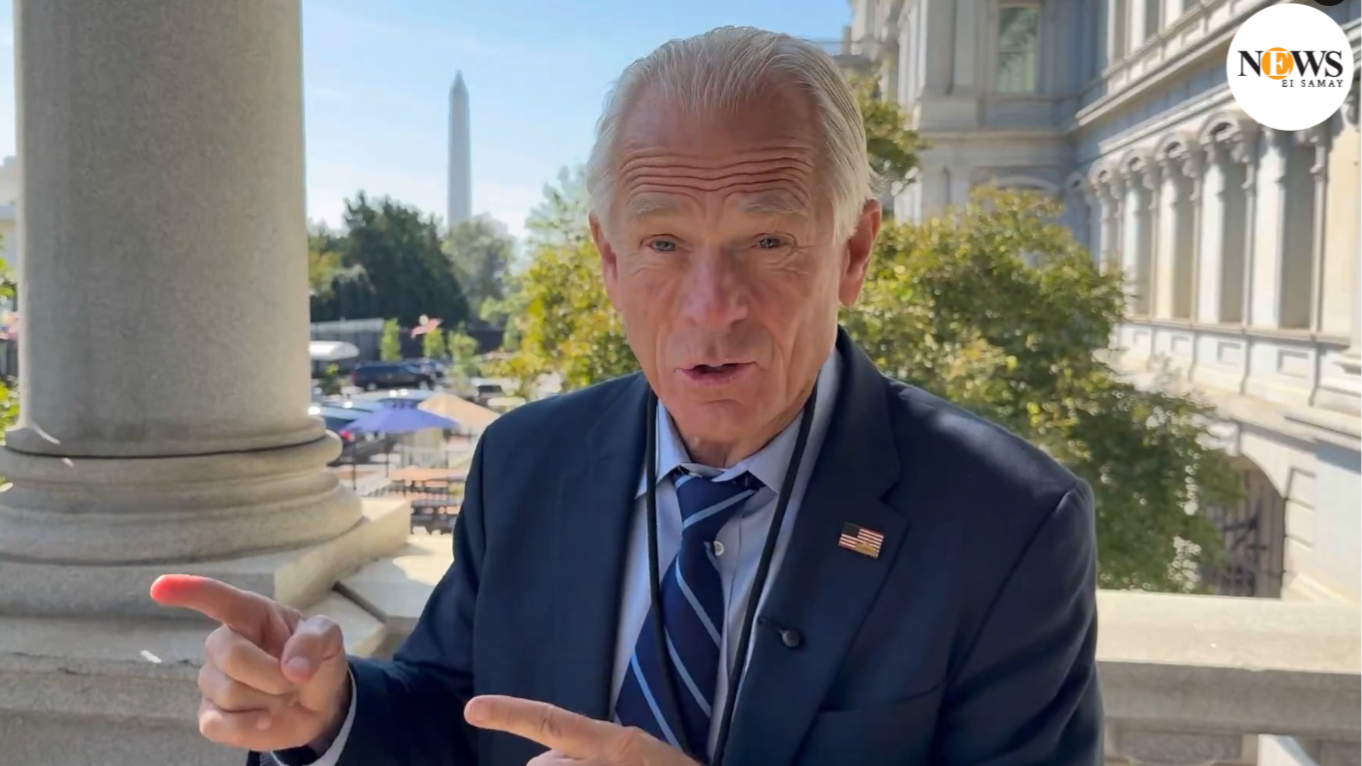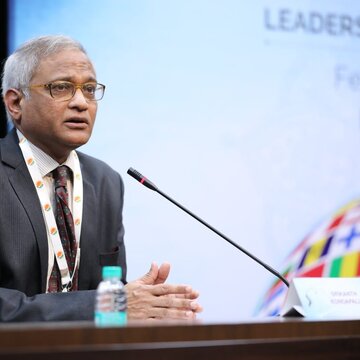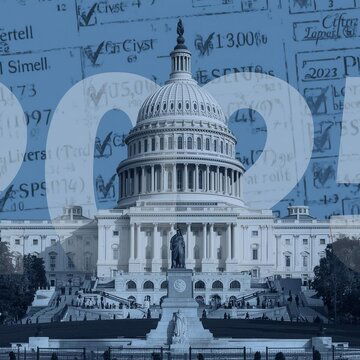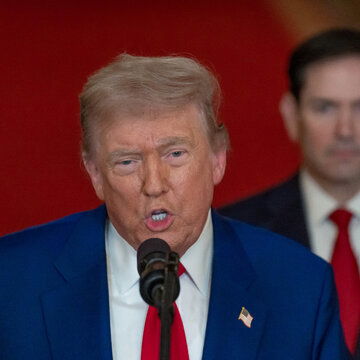2nd, September, Tuesday: Peter Navarro, Donald Trump's trade advisor, caused a stir this week when he claimed that "Brahmins" were making money off of the Russian oil deal with India. According to Navarro, Indian refiners buy cheap Russian crude, process it, and then sell it overseas for more money. “India is nothing but a laundromat for the Kremlin…And what do we have to do as taxpayers? We have got to send them more money. You got Brahmins profiteering at the expense of the Indian people. We need that to stop,” Navarro said in the interview with Fox News.
In India, a lot of people took issue with the remarks, pointing out the "caste" angle. A social media meme frenzy was also triggered by Navarro's "Brahmin" comment. Some, however, asserted that he was referring to what many Americans refer to as "Boston Brahmins" rather than Indian ones. His criticism was met with an official response from India, where Union Oil Minister Hardeep Singh Puri claimed that New Delhi had broken no laws. Puri blasted Navarro's "laundromat" comment and claimed that New Delhi's acquisition of Russian oil since the conflict in Ukraine has stabilized world markets and controlled prices.“Some critics allege that India has become a 'laundromat' for Russian oil. Nothing could be further from the truth,” he wrote in an article forThe Hindu newspaper, without taking the name of Navarro. Brahmins are at the top of the pyramid in the Indian context. But they are not traditionally the business class in India.
However, ‘Brahmins’ is a common term in the US referring to rich business families. Boston’s wealthy elite were once called the ‘Boston Brahmins’.
Who are the Boston Brahmins?
Prior to Navarro's remarks, the term "Boston Brahmins" was also used when Astronomer HR chief Kristin Cabot, was spotted cuddling with now-ex CEO Andy Byron at a Coldplay concert this July. She is married to Andrew Cabot, owner of Privateer Rum and a descendant of the Cabot family, one of the oldest and wealthiest Boston Brahmin families in America. A small, affluent group of families in Boston, Massachusetts, USA, who were descended from Anglo-Saxon Puritan settlers from New England, are known as ‘Boston Brahmins’. They are known as the American aristocracy in the 18th, 19th, and early 20th centuries, and dominated society due to their wealth, education, and social status.
The Origin of ‘Boston Brahmins’
Author: Oliver Wendell Holmes, Sr. made the term more widely known in the 1860s. Boston's wealthy families were referred to as "the Brahmin caste of New England" by Holmes in the book Elsie Venner. Holmes took the word "Brahmin" from the highest caste in India, which denotes status, privilege, and power. Holmes, Jr. was a Boston-based American polymath, poet, and doctor. The Boston Brahmins, to put it briefly, were America's equivalent of a hereditary elite-a small, influential group of families who are credited with influencing New England's intellectual, political, and cultural life for centuries.










